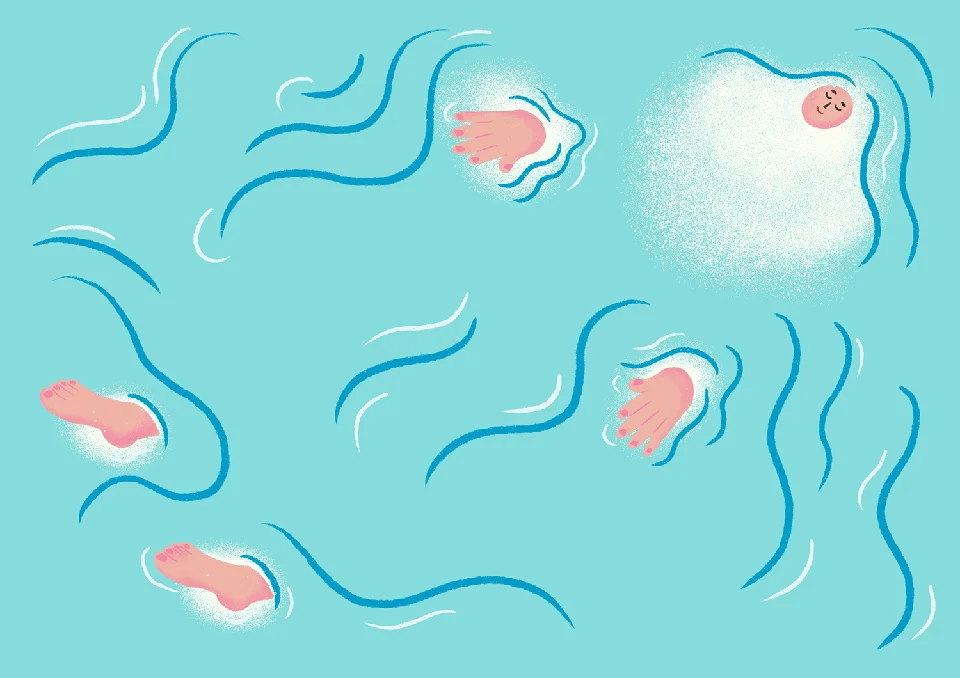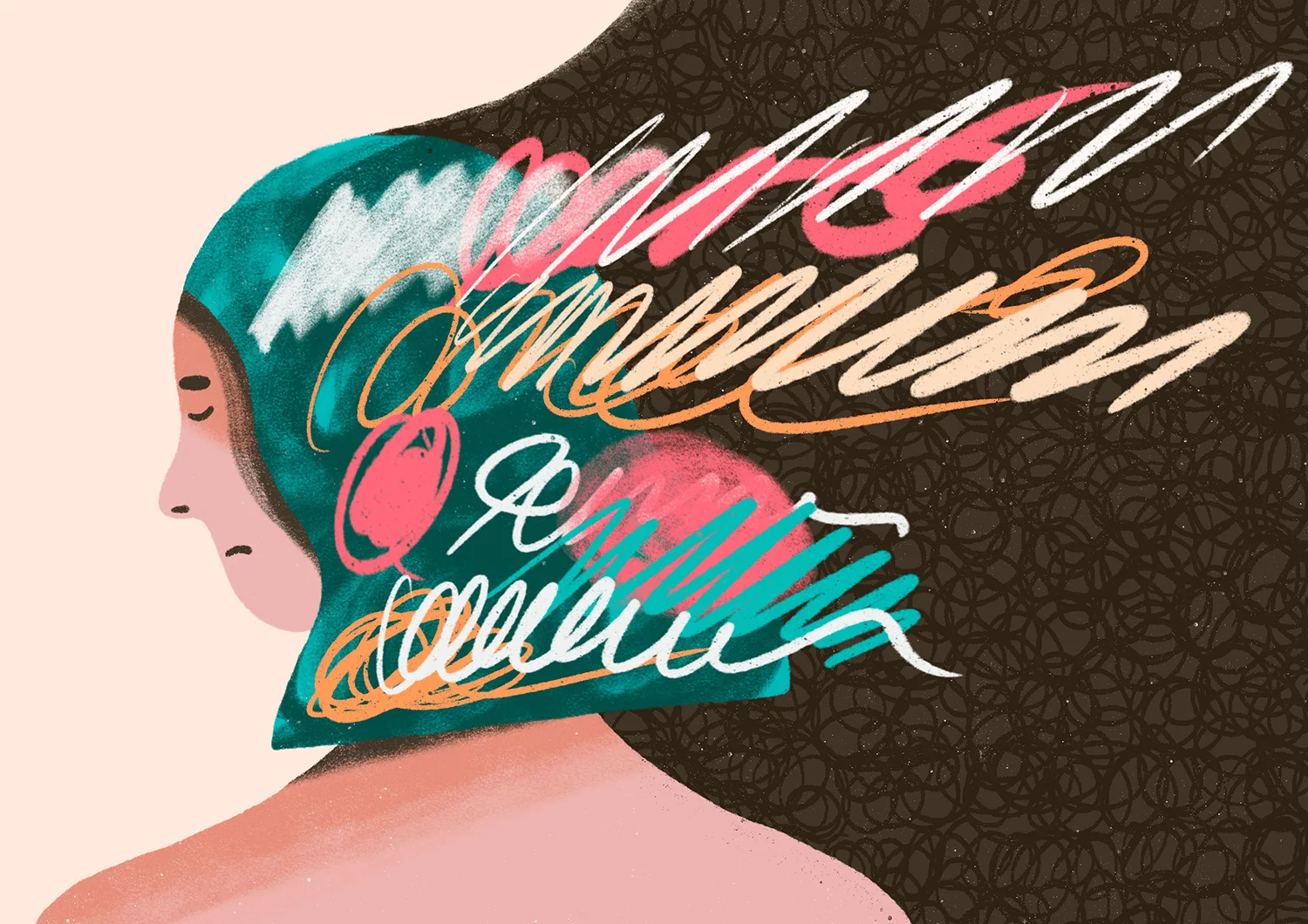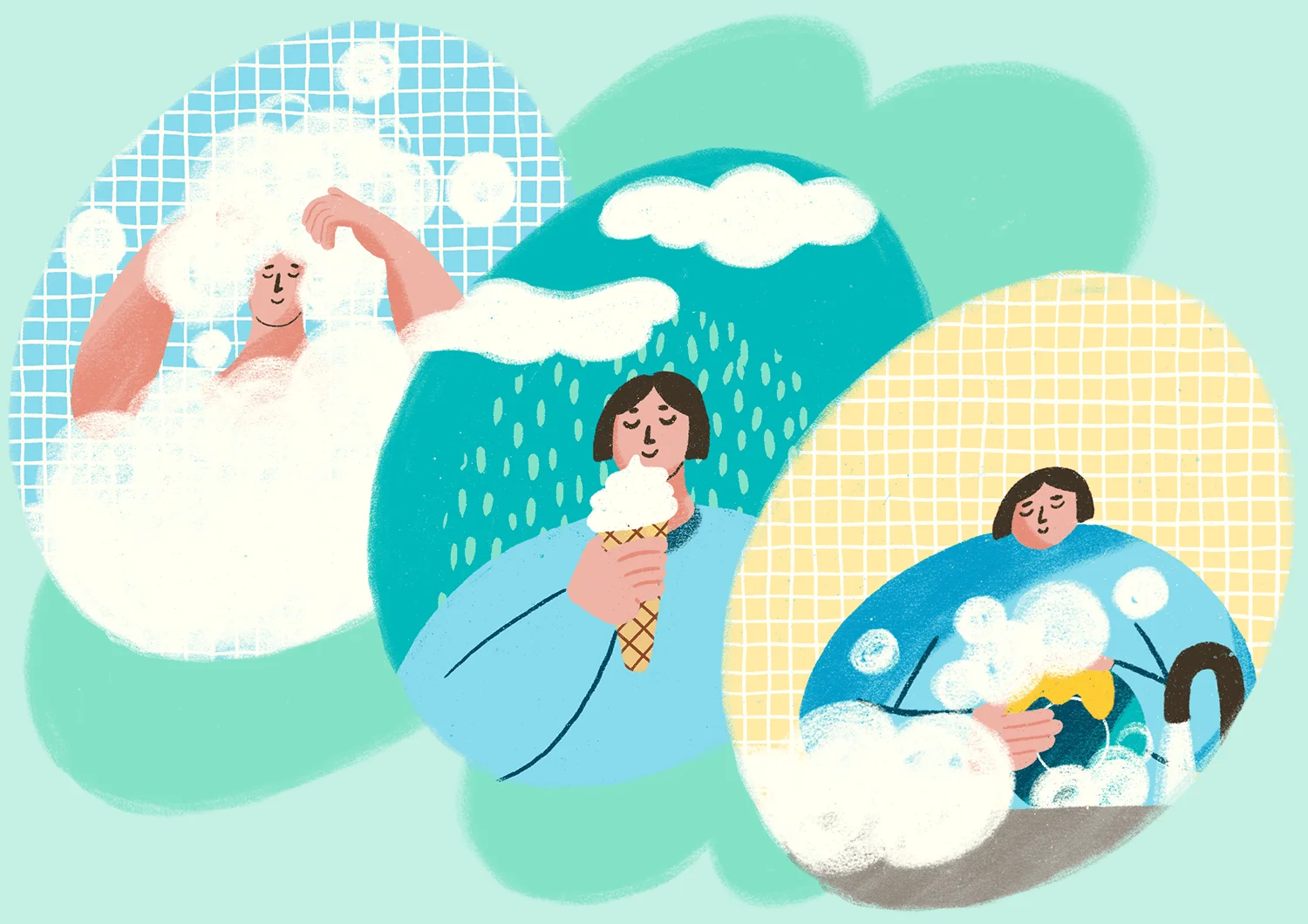Feeling bored to the point of questioning the meaning in life? Let’s look at feeling bored from a psychological perspective.

Social distancing measures have finally been relaxed, many Hong Kongers were overflowed with joy. They went to the cinemas, beauty salons, theme parks to restore the hustle and bustle of their everyday lives. Some citizens even went to the gym at midnight to exercise, saying “muscles cannot wait”.
We may yearn to relieve our boredom born from social distancing measures and unwittingly enter a “revenge mode” to resume our good old days – do you feel the same? In addition to getting back to the pace of life that was long gone, have you ever paused and asked yourself: “What is this for?”
Where Does Boredom Come From?
Psychologically, boredom is a state of disinterest or idleness in which one is unable to participate in ongoing activities, feels meaningless, and wishes to shift their energy towards something more gratifying. In short, it is the aversive experience of wanting, but being unable, to engage in gratifying activity.
The Guardian, The Daily Telegraph, and other news media use “Boreout” to describe “psychological and physical symptoms of extreme fatigue and depression caused by long hours of work leading to extreme boredom or having too much free time”, corresponding to “burnout”. Living in the times where productivity comes first, we become overwhelmed by information from everywhere everyday. We are used to the feelings of excitement and novelty in the hurly-burly of everyday life, doing nothing turned into a plight for modern people, gradually and unconsciously.
According to a survey by PwC, the global entertainment and media market will reach USD 2.6 trillion in revenue by 2025, of which Hong Kong will account for USD 10 billion. The information flow and excitement from the media appear to be ever-present in life.
At the same time, overseas study found that when people use social media for 30 minutes, they will feel that time passes more slowly when they engage in different activities. Their perception of boredom increases, while their sense of involvement and concentration decreases. Dr. Andrew Lepp, researcher of the study, asserted that social media is the fuel of boredom.

Is Boredom as Unbearable as Pain? Or Worse?
In another experiment, researchers at the Department of Psychology of University of Virginia asked participants to be alone in a room and think silently for around 15 minutes. During the time period, no devices including books, pens, or cell phones were allowed, sleeping was not allowed either. The researchers told the participants, “Sit down and imagine something that you enjoy. But if you want, you can also press this device that produces a mild electric shock to shock yourself.” As a result, 67% of men and 25% of women pressed the button; and before the experiment, they all have expressed their willingness to pay just to avoid receiving electric shocks.
The results may reflect how urbanites are accustomed to constant stimulation, even though they know it's no good for them. When we proactively fill all our empty space in lives, we may ask ourselves - how long have we not closely observed and felt such space? Why is this once wonderful feeling of carefree nothingness has now become something to be avoided?
Insight from Feeling Bored:
It may spark creativity and enhance wellbeing
Philosophy professor Andreas Elpidorou pointed out that boredom is a psychological state that regulates behavior; boredom reminds us that "human activity is meaningful" and that boredom is our body signaling us to do something different and move forward. We can explore our inner needs and uncover what we truly yearn for, so that we can seek our goals in life and identify the places where we can shine.
Studies have shown that boredom is not only a reminder of the soul, but also an incubator of creativity. Researchers found that participants who felt bored had better performance on creativity tests compared to those who felt relaxed or happy.
For example, when thinking of words related to transportation, most people will think of “cars”. However, if participants feel bored, they will think of “camel” and other out-of-the-box types of responses. Another study has shown that people who are more skillful in facing boredom may activate association of different things in the mind when feeling bored. For example, when dealing with repetitive tasks at work, they will play songs in their heads. When seeking inspiration and unleashing creativity from within, the left frontal lobe of the brain will be particularly active.
Besides creating when bored, we can also practice mindfulness. Through mindfulness, we focus on our breath and our body, observe our state of mind without judgment; intentionally return to the present moment when we are distracted. Once settled in, we gain clarify to our feelings and emotions. Mindfulness is applicable in our everyday lives such as mindful breathing, walking, eating, meditating, and drawing.
In mindfulness, we learn to let go of the labels of our physical and mental states, relieve our anxiety and fear, maintain our attention, consolidate our inner strength, feel at ease in tranquility even when there is minimal external stimulation.
John Milton wrote in Paradise Lost, “the mind is its own place, and in itself can make a heaven of hell, a hell of heaven.” A moment of thought can change the realm of our mind. Even so, it is a pleasant awareness to be able to observe and notice yourself hovering between these thoughts. Next time when boredom visits, try to embrace it. Sublimate your sensations, learn to be at ease in boredom, transform it into an insightful light in your heart.

References:
Gasper, K., & Middlewood, B. L. (2014). Approaching novel thoughts: Understanding why elation and boredom promote associative thought more than distress and relaxation. Journal of Experimental Social Psychology, 52, 50-57. https://doi.org/10.1016/j.jesp.2013.12.007
Wilson, T. D., Reinhard, D. A., Westgate, E. C., Gilbert, D. T., Ellerbeck, N., Hahn, C., Brown, C. L., & Shaked, A. (2014). Social psychology. Just think: the challenges of the disengaged mind. Science (New York, N.Y.), 345(6192), 75–77. https://doi.org/10.1126/science.1250830
Barkley, Jacob & Lepp, Andrew. (2021). The effects of smartphone facilitated social media use, treadmill walking, and schoolwork on boredom in college students: Results of a within subjects, controlled experiment. Computers in Human Behavior. 114. 106555. https://doi.org/10.1016/j.chb.2020.106555
Online resources:

